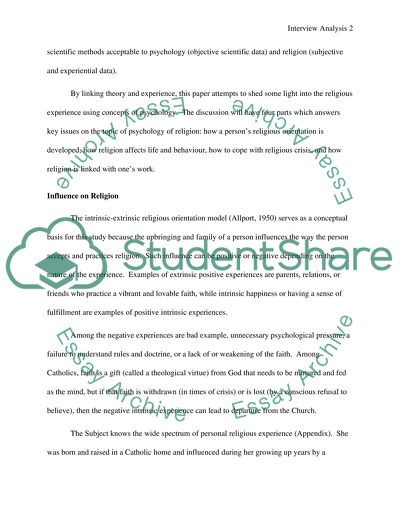Cite this document
(Religious History Coursework Example | Topics and Well Written Essays - 1750 words, n.d.)
Religious History Coursework Example | Topics and Well Written Essays - 1750 words. https://studentshare.org/religion-and-theology/1540297-relgious-history-interview-using-theroiesconcepts
Religious History Coursework Example | Topics and Well Written Essays - 1750 words. https://studentshare.org/religion-and-theology/1540297-relgious-history-interview-using-theroiesconcepts
(Religious History Coursework Example | Topics and Well Written Essays - 1750 Words)
Religious History Coursework Example | Topics and Well Written Essays - 1750 Words. https://studentshare.org/religion-and-theology/1540297-relgious-history-interview-using-theroiesconcepts.
Religious History Coursework Example | Topics and Well Written Essays - 1750 Words. https://studentshare.org/religion-and-theology/1540297-relgious-history-interview-using-theroiesconcepts.
“Religious History Coursework Example | Topics and Well Written Essays - 1750 Words”. https://studentshare.org/religion-and-theology/1540297-relgious-history-interview-using-theroiesconcepts.


